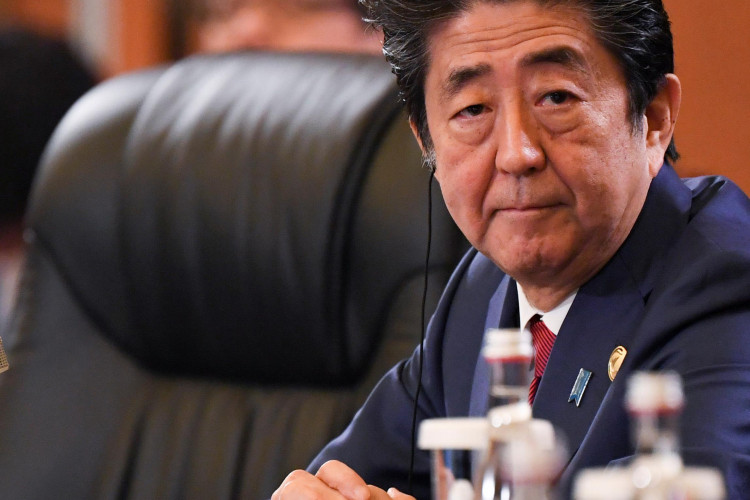In response to the murder of former Japanese prime minister Shinzo Abe, South Korea is stepping up security for prominent individuals, according to officials on Tuesday (July 12), including for an LGBTQ pride event that the new US ambassador is anticipated to attend this weekend.
Last weekend, when Philip Goldberg, the newly appointed US ambassador to South Korea, arrived in the nation, small groups of demonstrators held a demonstration in front of the US embassy, calling for a stop to "homosexual cultural imperialism".
President Yoon Suk-yeol will have stronger security measures, according to Seoul's Presidential Security Service, and the National Police Agency has directed regional branches to increase monitoring to protect important individuals.
"We are reviewing our security system for the president following the Abe shooting and will take necessary measures to strengthen our security posture," an official at the presidential agency said.
The shooting of Abe, Japan's longest-serving prime minister, on Friday when he was giving a campaign speech in the western city of Nara shocked the nation because political violence and gun crime are relatively uncommon there.
For the Seoul Queer Culture Festival on Saturday, the police are also preparing. Other ambassadors to the nation are anticipated to attend in addition to US ambassador Goldberg.
"We are planning to tighten security as there are a number of risk factors with opposition groups also set to hold a rally at the same time," a police officer said.
In South Korea, homosexuality is not against the law, and acceptance of LGBTQ relationships is rising. However, advocates claim that many LGBTQ people continue to be the victims of hate crimes and discrimination, including termination from jobs and hate speech.
Security for the US ambassadors in Seoul has drawn criticism.
At a seminar in 2015, a South Korean man cut Mark Lippert in the face with a fruit knife, causing a serious wound that required 80 stitches. At the time, Lippert was the US ambassador to South Korea.
And in 2019, up to 20 demonstrators scaled the wall into the residential compound of the US ambassador, marking the second unauthorized incursion there in less than a year. Following complaints made publicly by the US State Department, police increased security at the location.






